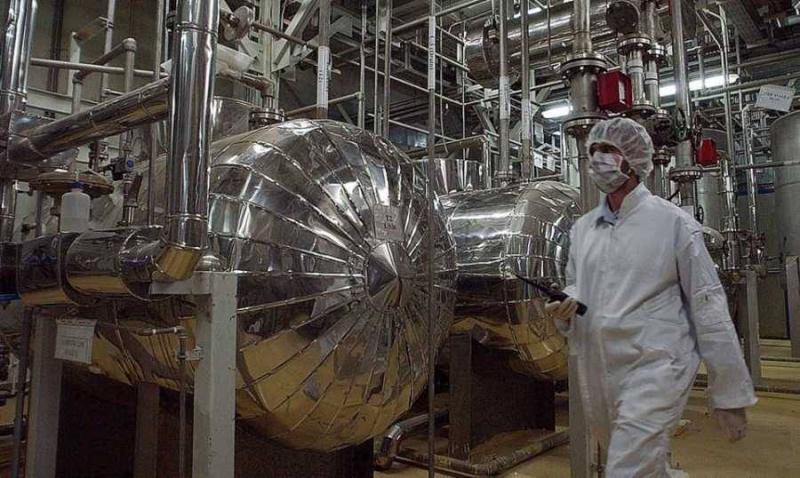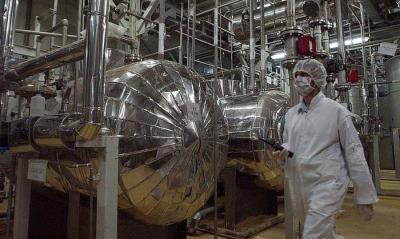The nuclear negotiations have once again entered a phase of stagnation and tug-of-war. In recent hours, the disagreement between Washington and Tehran has resurfaced over a fundamental point that may hinder the revival of the nuclear agreement in the near future. Iran has firmly stated that "there will be no agreement if the International Atomic Energy Agency (IAEA) does not close the investigation into our past nuclear activities." In this context, Iranian President Ibrahim Raisi confirmed that reviving the agreement, signed by his country with major powers regarding its nuclear program, remains "pointless" unless the IAEA resolves the issue of undeclared sites. He stated, "In the negotiations, the issue of guarantees (referring to the undeclared sites) is one of the essential matters. All guarantee issues must be resolved." He added, "Without resolving the guarantee issues, discussing the agreement is pointless."
Diplomatic sources remind through "Al-Markazia" that Iran has repeatedly requested the closure of the issue of these sites over the past months, especially after the IAEA Board of Governors issued a resolution in June condemning Iran for its lack of cooperation with IAEA Director General Rafael Grossi on the matter. This resolution provoked Tehran's ire, which viewed it as a political gesture against it, a sentiment reiterated by Iran's representative to the Agency yesterday. Tehran escalated its response by halting operations of several surveillance cameras belonging to the IAEA at some of its facilities.
In reality, Iran's insistence on closing the IAEA's oversight of its nuclear sites is not without reason. At three undeclared facilities, traces of nuclear materials have been found in recent years and months, indicating that it is violating the nuclear agreement away from the oversight of the agency and international powers, continuing enrichment that should be regulated and monitored according to the 2015 agreement.
For these specific reasons, sources indicate that U.S. President Joe Biden is determined to proceed with the investigations and wants to activate the international oversight conducted by the Agency on Iran's nuclear sites and facilities, rejecting the Islamic Republic's demands to bypass this issue. This point has appeared in the U.S. response to the draft proposed by the Europeans, which is currently being examined by the Islamic Republic. It is likely that this response does not sit well with them. According to the sources, if Iran does not respond positively to this U.S. demand, meaning if it does not cooperate with international monitors or facilitate access to its facilities and sites, and ease investigations into the three sites, this refusal will obstruct the progress of the negotiations and push the prospects of reaching a nuclear agreement further out of reach.




